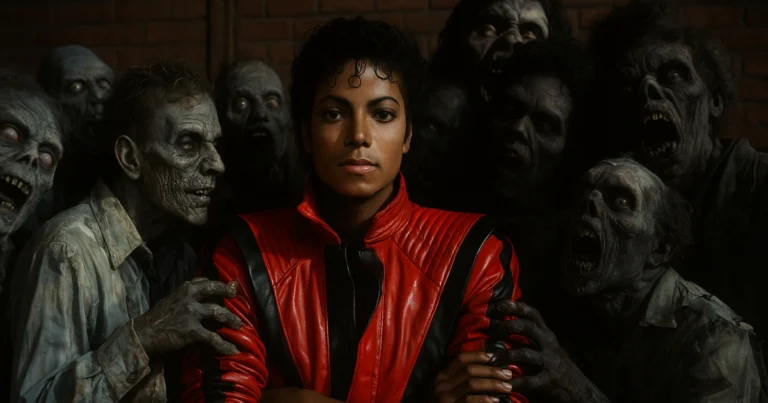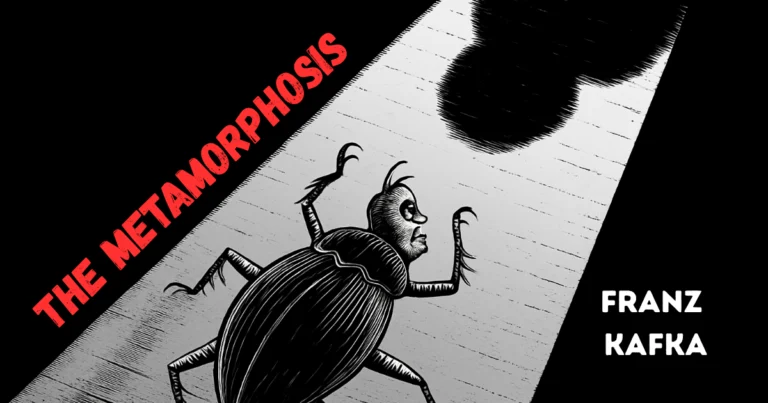The hidden language of smoking in cinema
Sometimes, all it takes is a static shot, low angled lighting, and a lit cigarette for that elusive urge to smoke to surface. In cinema, the cigarette is almost never a simple prop. It is a language. For decades, Hollywood constructed a visual grammar in which smoking conveys something precise: freedom, danger, seduction, intelligence, or…










